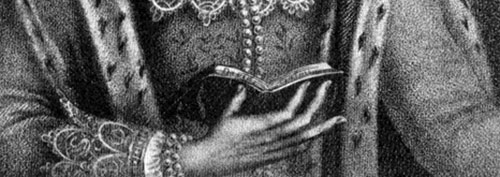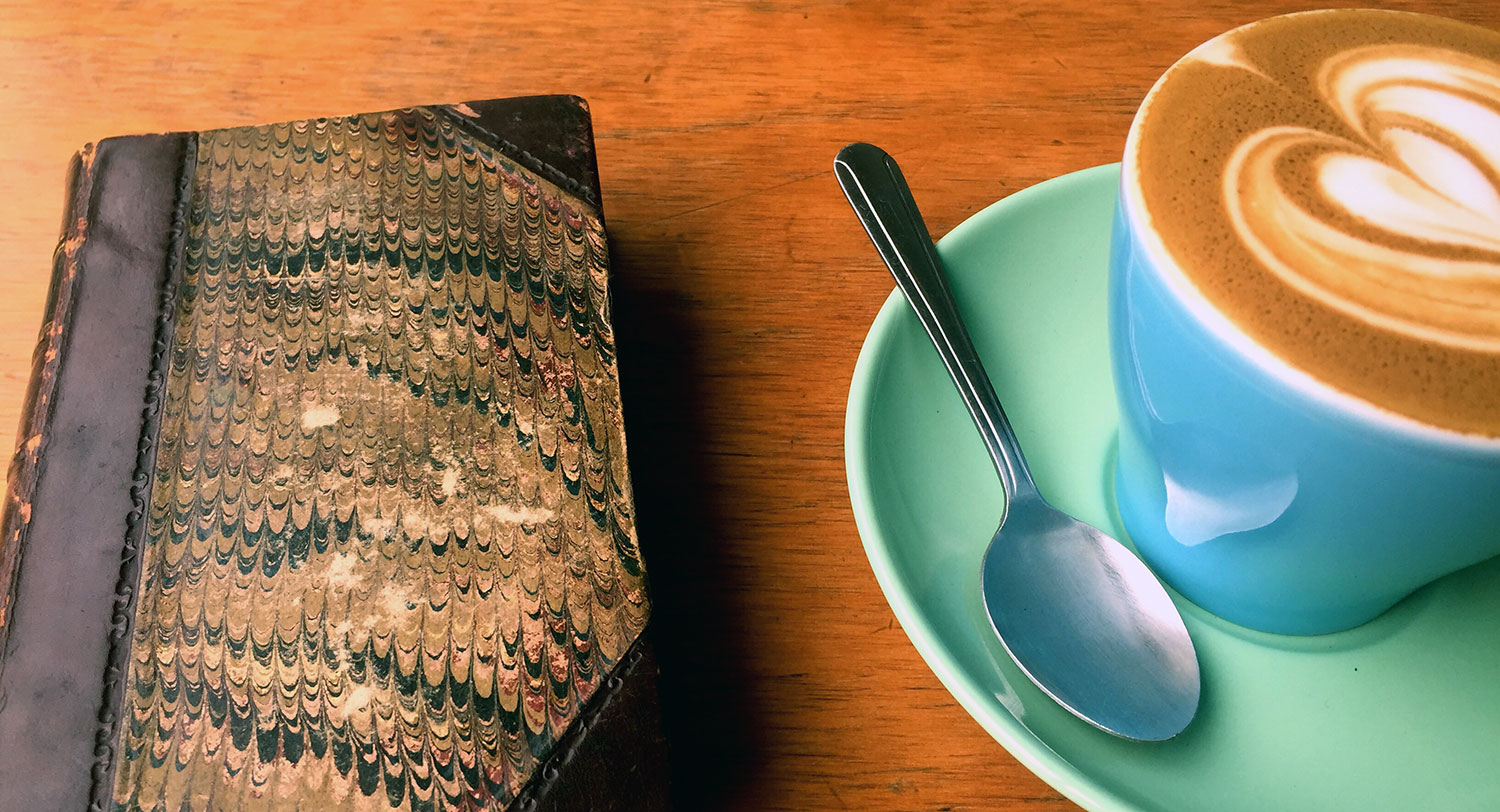March 2016
rather a chaos
13 March 2016, around 6.53.

I confess, there are many useless and superfluous books, and perchance mine will add to the number of them; especially it is to be observed, that there have been in this latter age, as many writers of natural philosophy, as in former ages there have been of moral philosophy; which multitude, I fear, will produce such a confusion of truth and falsehood, as the number of moral writers formerly did, with their over-nice divisions of virtues and vices, whereby they did puzzle their readers so, that they knew not how to distinguish between them. The like, I doubt, will prove amongst our natural philosophers, who by their extracted, or rather distracted arguments, confound both divinity and natural philosophy, sense and reason, nature and art, so much as in time we shall have, rather a chaos, than a well-ordered universe, by their doctrine…
Crambe repetita (42)
15 March 2016, around 9.17.
They spoke of Lucretius. They spoke of light.
One evening I took down The Parliament of Bees and, flipping through its pages, hearing the men enter the house, I counted seven years. It was seven years since I first sat listening to their talk … and I was as invisible this evening as I’d ever been in Paris. More so, in fact, for I sat dumbly and alone! Can you hide and yet be angry when no one looks at you? Oh, you can, I knew, but it was pointless, exhausting. The watchman shouted nine o’clock. Still their voices carried on. And despite the frost on the window, my cheeks began to burn – I though I might be sick – so shrugging off my shawl, I hastened across the parlor and, throwing open the door, ran smack into Hobbes in the hall. ‘Dear,’ he said backing up, ‘Lady Cavendish.’ He bowed as best he could. To which performance I said something dull about cabbage, something vague about a bad fricassee I’d eaten, and hurried with a candle upstairs.
Once in my room, however, I felt foolish rather than ill.
springes
26 March 2016, around 15.48.

Forgot Easter is tomorrow. A gaggle of families carried four outsize crosses (not sturdy enough to bear human weight, but strong enough for faith I dare say) in the direction of the river. A few minutes later, a fifth cross scurried down the sidewalk to catch up.
Or so it seemed from the coffee shop.
I am reading Sir Thomas Browne’s essay on dreams.
exchange
29 March 2016, around 11.30.

It cost too much, to begin with. I really had no excuse for buying it, except that I was feeling out of sorts and aphoristic philosophy seemed like a good choice at the time; it seemed to be a clean copy, too, which would go a little way to excusing the price. At home, however, I found that it was not a clean copy, though the bold underlining and feckless marginalia were limited to one chapter with the inauspicious title ‘On Women’. I say that it was inauspicious, for unless one is a worldly-wise cynic of one and twenty, Schopenhauer on the subject of women is best left to imbeciles and those with strong stomachs. Naturally the hapless annotator of the volume in question drew attention (no doubt in aid of a feminist philosophy class) to most of the more nauseous expressions.
Of course I returned the book, trading it in for a rather underpriced copy of Cowper, and on the whole am well satisfied. 1
- Indeed, I was much charmed by the pompous life of Cowper which begins the book, as well as beginning of ‘The Task’; from the advertisement to which: ‘A lady, fond of blank verse, demanded a poem of that kind from the author, and gave him the sofa for a subject.’ One wonders about the lady, whether she delighted in impossible subjects or was merely a flirt.[↩]
